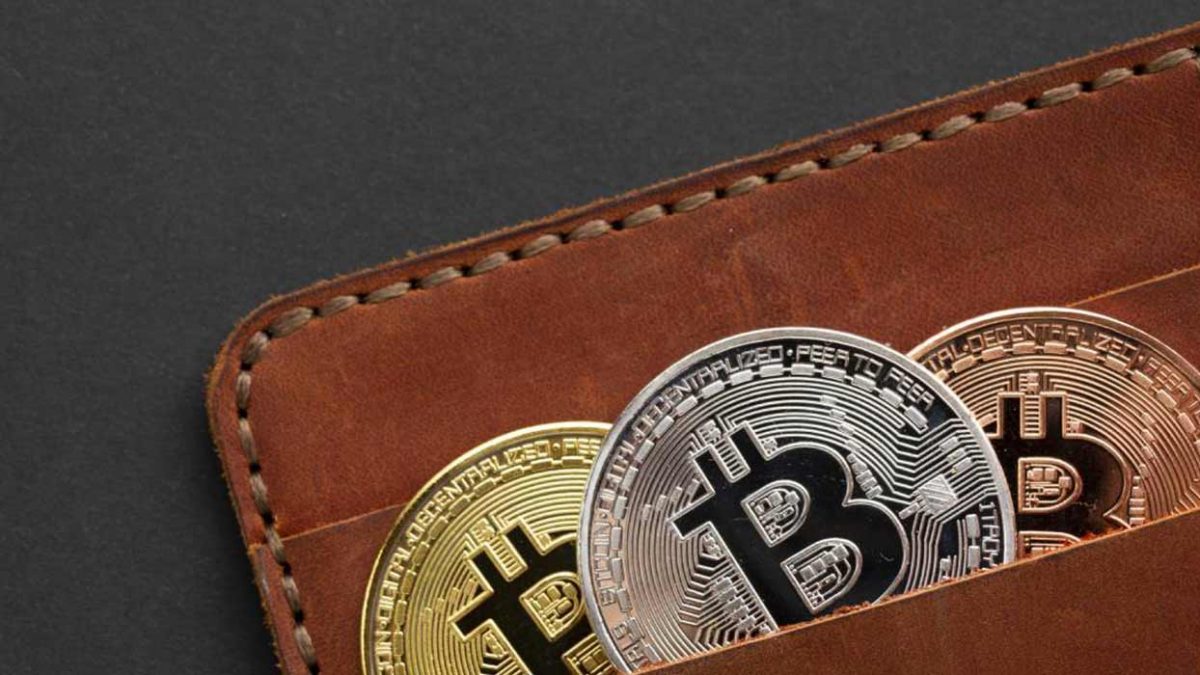Technological advancements have drastically shaped the way we live our lives. In this digital age, traditional practices are ever-changing and evolving, and this is certainly evident in the world of finance and how people are able to spend money.

This article will explore the transition of money from traditional physical forms to digital formats, focusing on the adoption of E-wallets and the rise of cryptocurrencies.
E-Wallets.
Electronic or digital wallets have soared in popularity in recent years. In 2022, almost half of all global e-commerce payments were made via the use of a digital wallet.
An E-wallet allows people to make transactions using an application that is accessible from an array of devices and smart technology, such as smartphones, smartwatches, and other similar portable devices. Now, people who are out shopping can use a digital copy of their cards to make payments for goods and services, meaning the need to use a physical bank card or cash is no longer there.
By inputting card or bank account details into your E-wallet, you can make payments at the touch of a button, making transactions quicker, convenient and more efficient.
These digital wallets can also store an array of other useful assets, such as train tickets, hotel reservations, loyalty cards and other forms of documentation.
This means you have easy access to the things you need on a daily basis without the need to print them out or store them elsewhere.
Cryptocurrencies.
The rise of cryptocurrencies in the past decade has been hard to ignore. In short, cryptocurrency is a form of digital currency which can be used as an alternative form of payment. Cryptocurrencies rely on blockchain technology to authorise transactions, which means this currency is decentralised and is not under the control of traditional banking systems. You can buy or sell cryptocurrencies such as Bitcoin using trading platforms such as Tradu.
You will need a cryptocurrency wallet to be able to make transactions, which can be stored on cloud-based services on mobile devices or desktop computers. These wallets are kept secure through the use of encryption keys.
Keeping your digital wallets safe.
As with any digital asset, it is crucial that you do all you can to keep your digital wallets safe and secure to avoid any cybersecurity threats. Many E-wallets are protected by passwords, two-step authentication apps and other forms of encryption, but you could still be at risk if you don’t take extra caution to keep your digital wallet safe.
Where possible, avoid connecting to unsecured WIFI connections in public places, as this could result in your personal information, including this such as passwords, to be acquired in the event of a cyber hack. Furthermore, many people have their E-wallets stored on their phones or other mobile devices, so it’s important that you take great care to keep your devices with you at all times and never share your personal information with anyone who could use this to access your bank or cryptocurrency accounts and make withdrawals without your knowledge.
Leave a Reply